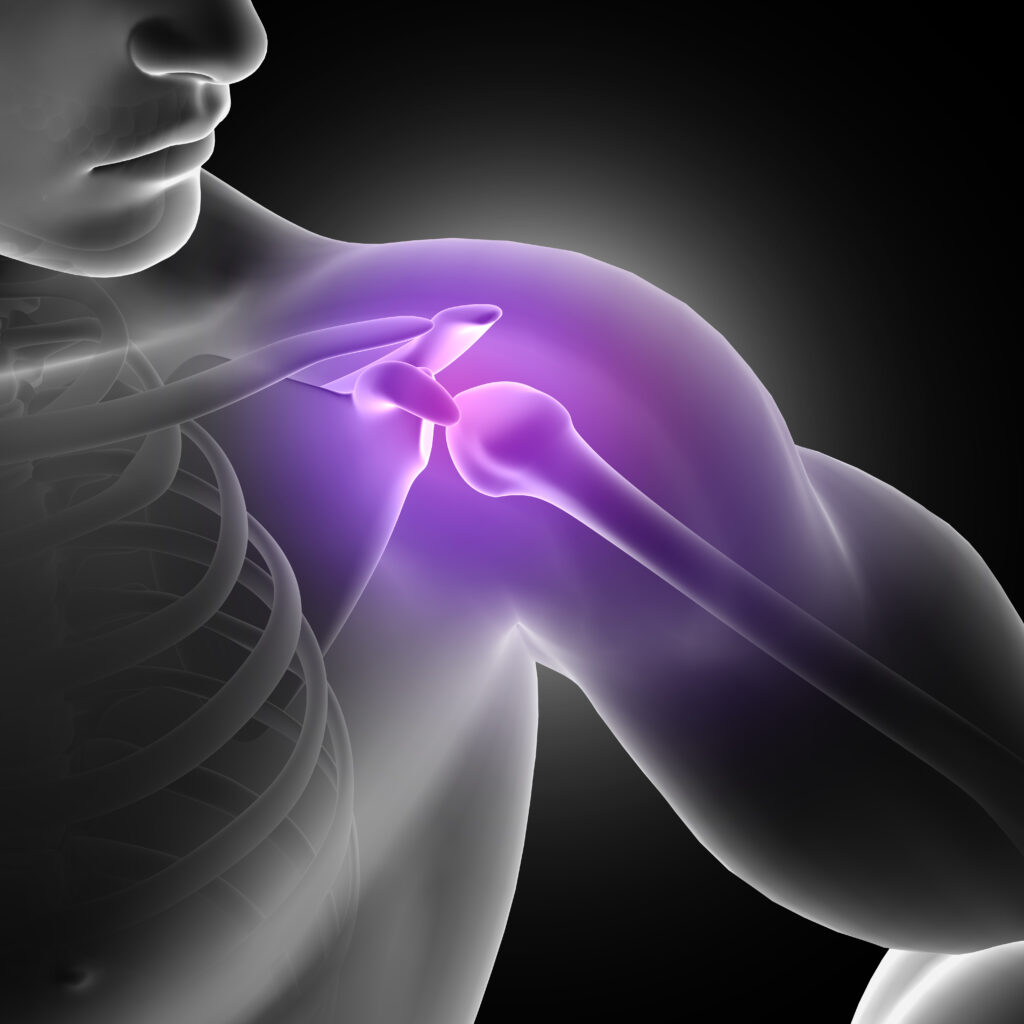Frozen shoulder, medically known as adhesive capsulitis, is a painful and debilitating condition that affects the shoulder joint, restricting its range of motion and causing discomfort. Despite its prevalence, many individuals may not fully understand the complexities of frozen shoulder or know how to manage it effectively. In this blog, we’ll delve into the causes, symptoms, diagnosis, and treatment options for frozen shoulder, empowering readers with valuable insights into this condition.
What is Frozen Shoulder?
Frozen shoulder occurs when the capsule surrounding the shoulder joint becomes thick, tight, and inflamed, leading to stiffness and restricted movement. While the exact cause of frozen shoulder is not always clear, certain factors such as injury, surgery, prolonged immobilization, diabetes, and autoimmune diseases may increase the risk of developing this condition.
Symptoms of Frozen Shoulder:
The symptoms of frozen shoulder typically develop gradually and worsen over time. They may include:
· Pain and stiffness in the shoulder joint
· Difficulty performing daily activities such as reaching, lifting, or dressing
· Limited range of motion, especially when raising the arm or reaching behind the back
· Discomfort or pain that worsens at night
· Gradual worsening of symptoms over several months to years
Diagnosis:
Diagnosing frozen shoulder usually involves a physical examination by a healthcare professional. Your doctor may assess your range of motion, strength, and the severity of pain in your shoulder. Imaging tests such as X-rays, MRI, or ultrasound may be ordered to rule out other underlying conditions and confirm the diagnosis of frozen shoulder.
Treatment Options:
While frozen shoulder can be challenging to manage, several treatment options can help alleviate symptoms and improve shoulder function. These may include:
managing frozen shoulder.
Medical treatment:
· Pain Management: Over-the-counter pain relievers or prescription medications may be recommended to alleviate pain and inflammation associated with frozen shoulder.
· Corticosteroid Injections: In some cases, corticosteroid injections directly into the shoulder joint can help reduce inflammation and relieve pain.
· Hydrodilatation: This procedure involves injecting a sterile fluid into the shoulder joint to stretch the capsule and improve range of motion.
Physical Therapy: physical therapy plays a major role in alleviating the symptoms and improving activities of daily living. A tailored exercise program designed to improve flexibility and strength in the shoulder joint can be highly effective in
Surgery:
In severe cases where conservative treatments fail to provide relief, surgical intervention such as manipulation under anesthesia or shoulder arthroscopy may be considered to release the tight capsule.
Self-Care Strategies:
In addition to medical interventions, certain self-care strategies can complement treatment and promote healing. These may include:
· Applying heat or cold packs to the affected shoulder to reduce pain and inflammation.
· Practicing gentle stretching exercises recommended by a physical therapist to improve flexibility.
· Avoiding activities that exacerbate shoulder pain and stiffness.
· Maintaining good posture and ergonomics to prevent further strain on the shoulder joint.
· Seeking support from friends, family, or support groups to cope with the emotional impact of living with frozen shoulder.
Conclusion: Frozen shoulder can significantly impact quality of life, but with proper understanding and management, individuals can effectively navigate this condition and regain function in their shoulder joint. By recognizing the symptoms, seeking timely medical evaluation, and following a comprehensive treatment plan that includes physical therapy, pain management, and self-care strategies, individuals can embark on the path toward recovery and restored mobility. Remember, every healing journey is unique, and with patience, perseverance, and the right support, overcoming frozen shoulder is indeed possible.


Thank you. This is written by one of our Rehab specialists.